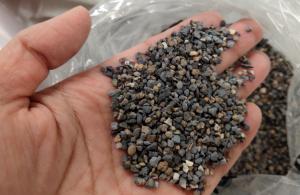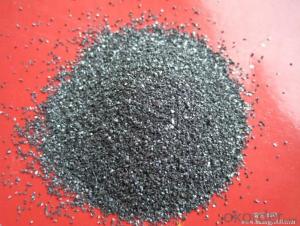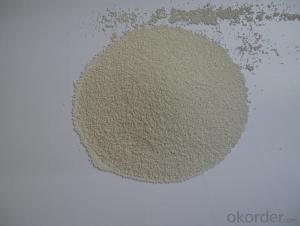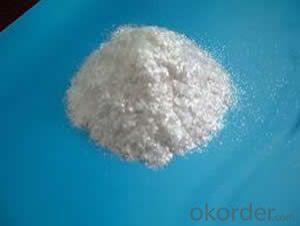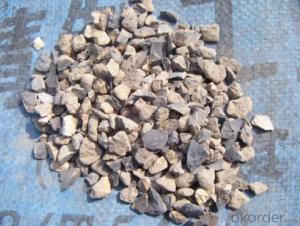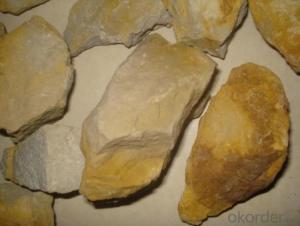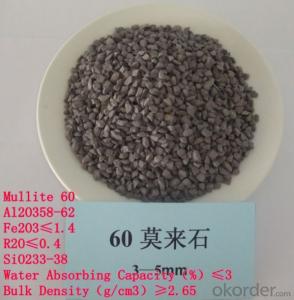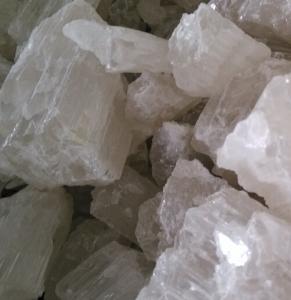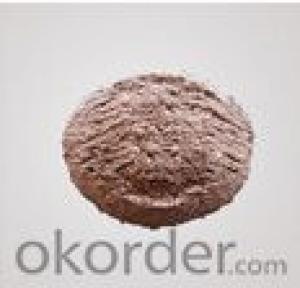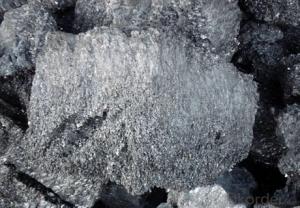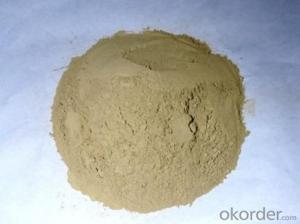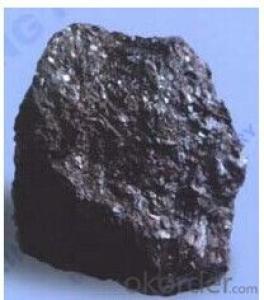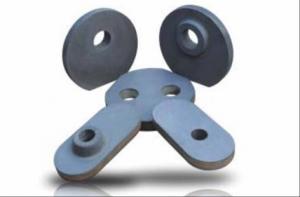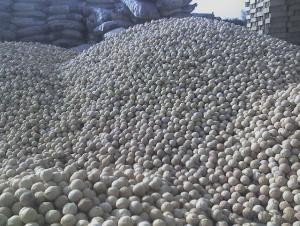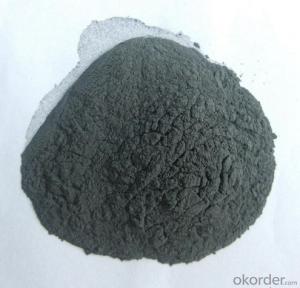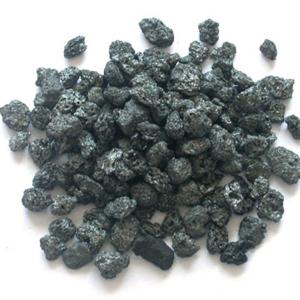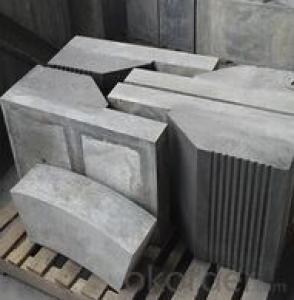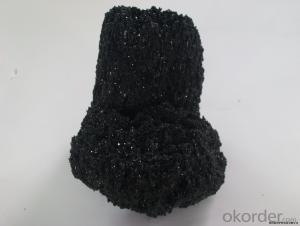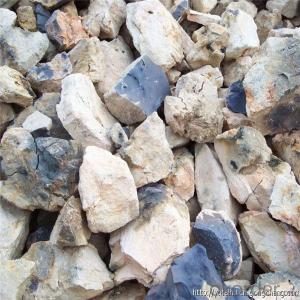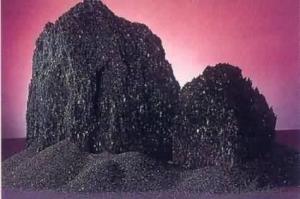All Categories
- - Steel Wire Rod
- - Steel Coils
- - Steel Profiles
- - Steel Pipes
- - Stainless Steel
- - Tinplate
- - Special Steel
- - Steel Sheets
- - Steel Rebars
- - Steel Strips
- - Hot Rolled Steel
- - Cold Rolled Steel
- - Pre-painted Steel
- - Seamless Steel Pipe
- - Welded Steel Pipe
- - Hollow Steel Tubes
- - Galvanized Pipe
- - Stainless Steel Coil
- - Stainless Steel Sheet
- - Stainless Steel Plate
- - Stainless Steel Strips
- - Electrolytic Tinplate Coil
- - Electrolytic Tinplate Sheet
- - Stainless Steel Rebars
- - Solar Panels
- - Solar Water Heater
- - Solar Related Products
- - Solar Inverter
- - Solar Cells
- - Solar Light
- - Solar Energy Systems
- - Solar Controllers
- - Solar Mounting System
- - Solar Pump
- - Solar Chargers
- - Fiberglass Chopped Strand
- - Fiberglass Mesh Cloth
- - Composite Pipes
- - FRP Pultrusion Profiles
- - Fiberglass Mat Tissue
- - Fiberglass Fabrics
- - Fiberglass Mesh
- - Composite Tank
- - Fiberglass Mesh tape
- - Polymer
- - FRP Roofing Panel
- - Fiberglass Roving
- - Monolithic Refractories
- - Ceramic Fiber Products
- - Refractory Bricks
- - Raw Materials For Refractory
- - Suspended Platform
- - Cranes
- - Concrete Machinery
- - Earthmoving Machinery
- - Building Hoist
- - Road Building Machinery
- - Plastic Pipe Fittings
- - Plastic Tubes
- - Plastic Sheets
- - Agricultural Plastic Products
- - Plastic Nets
Q & A
Explain the use of calcium aluminate aggregates in refractory castables.
Calcium aluminate aggregates are used in refractory castables because of their high temperature resistance and excellent thermal shock resistance. These aggregates are made from a combination of calcium oxide (CaO) and aluminum oxide (Al2O3), which form a strong and stable bond at high temperatures.
The use of calcium aluminate aggregates helps to enhance the overall performance of refractory castables. They provide excellent strength, abrasion resistance, and resistance to chemical attack. Additionally, these aggregates have a low thermal conductivity, which helps to reduce heat loss and improve energy efficiency in high-temperature applications.
Furthermore, calcium aluminate aggregates have a high melting point, allowing them to withstand extreme temperatures without significant deformation or degradation. This makes them ideal for use in furnaces, kilns, and other industrial processes where high temperatures are encountered.
In summary, the use of calcium aluminate aggregates in refractory castables helps to improve the overall performance and durability of these materials in high-temperature applications by providing high temperature resistance, thermal shock resistance, strength, and resistance to chemical attack.
How is silicon carbide obtained and processed for refractory production?
Silicon carbide is obtained through a complex process involving the reaction between silica (SiO2) and carbon (C) at high temperatures. The process begins with the heating of a mixture of silica and carbon in an electric resistance furnace. The extreme heat causes a chemical reaction, resulting in the formation of silicon carbide.
Once obtained, silicon carbide undergoes further processing to enhance its properties for refractory production. It is typically crushed into smaller particles and then milled to achieve the desired particle size distribution. The milled silicon carbide is then mixed with various binders and additives to form a slurry or paste.
The slurry or paste is then shaped into the desired refractory product through methods like pressing, extrusion, or casting. After shaping, the product is usually dried and then fired at high temperatures in a kiln to improve its mechanical strength and thermal stability.
Overall, the production of silicon carbide refractories involves obtaining silicon carbide by reacting silica and carbon, followed by processing and shaping the material to create the final refractory product with enhanced properties.
What are the refractory raw materials used in lining gasifiers?
The refractory raw materials commonly used in lining gasifiers include high-alumina bricks, silica bricks, magnesia bricks, and carbon-based materials such as graphite or carbon bricks. These materials are selected for their high heat resistance, chemical stability, and ability to withstand the harsh conditions inside a gasifier, such as high temperatures, corrosive gases, and thermal cycling.
What are the main sources of boron in refractory raw materials?
The main sources of boron in refractory raw materials are borax, colemanite, ulexite, and boron carbide.
Wholesale Raw Materials For Refractory from supplier in Rwanda
Whether you are in need of raw materials for refractory for your construction or industrial projects in Rwanda, we are here to serve you. As a branch of CNBM, a Fortune Global 500 company, we have access to a wide range of high-quality products and services.
Our team is dedicated to providing excellent customer service, and we aim to make your procurement process as smooth as possible. From sales to quotations and technical support, we are here to assist you every step of the way. Our experts can help you choose the right raw materials for your specific needs and provide guidance on their application and usage.
With our extensive experience in the Rwandan market, we understand the unique challenges and requirements of projects in the country. We can offer valuable insights and expertise to help you make informed decisions and achieve successful outcomes.
Our diverse selection of raw materials for refractory includes but is not limited to fireclay, high alumina, silica, magnesite, and chrome ore. We source our products from reliable manufacturers and ensure their quality and conformity to international standards.
By choosing us as your supplier, you can benefit from our one-stop procurement services tailored specifically for Rwanda. We strive to provide competitive prices, timely delivery, and excellent after-sales support to ensure your satisfaction.
Contact us today to explore our range of raw materials for refractory and experience our dedicated services. Let us be your trusted partner for all your refractory needs in Rwanda.
Our team is dedicated to providing excellent customer service, and we aim to make your procurement process as smooth as possible. From sales to quotations and technical support, we are here to assist you every step of the way. Our experts can help you choose the right raw materials for your specific needs and provide guidance on their application and usage.
With our extensive experience in the Rwandan market, we understand the unique challenges and requirements of projects in the country. We can offer valuable insights and expertise to help you make informed decisions and achieve successful outcomes.
Our diverse selection of raw materials for refractory includes but is not limited to fireclay, high alumina, silica, magnesite, and chrome ore. We source our products from reliable manufacturers and ensure their quality and conformity to international standards.
By choosing us as your supplier, you can benefit from our one-stop procurement services tailored specifically for Rwanda. We strive to provide competitive prices, timely delivery, and excellent after-sales support to ensure your satisfaction.
Contact us today to explore our range of raw materials for refractory and experience our dedicated services. Let us be your trusted partner for all your refractory needs in Rwanda.
Hot Search
- Monolithic Refractories in Portugal
- Ceramic Fiber Products in Mongolia
- Refractory Bricks in Tajikistan
- Raw Materials For Refractory in America
- Ceramic Fiber Products in Togo
- Raw Materials For Refractory in Liechtenstein
- Refractory Bricks in Vietnam
- Refractory Bricks in Mali
- Raw Materials For Refractory in Belize
- Ceramic Fiber Products in Cuba
